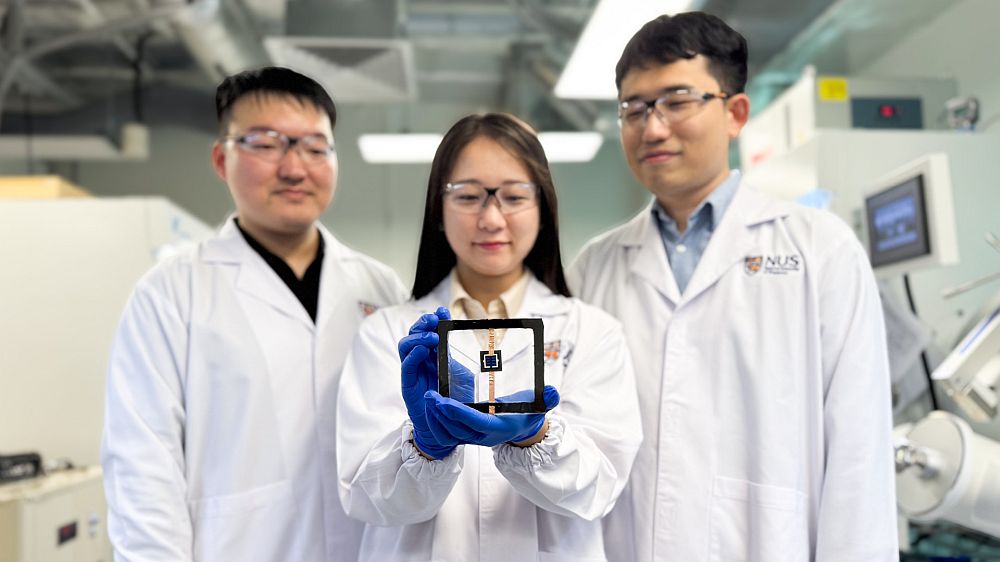The Obama administration is keeping the spotlight on the Materials Genome Initiative it launched earlier this year, and yesterday the Tom Kalil and Cyrus Wadia wrote in a White House blog about some new (at least to me) announcements related to the MGI. From their post
- “The University of Connecticut and the State of Connecticut announced its plans to invest $170 million into advanced materials and the MGI, which will include an inaugural facility named the [Connecticut] Collaboratory for Materials & Manufacturing. Activity in this new facility will include: discovery of new materials and processes, advanced modeling and simulation tool development, applying advanced informatics to accelerate development, new techniques in education and workforce training, an industry researcher in residence program and collaborations with manufacturing partners.” [Editor’s note: the C2M2 is also positioning itself as part of the White House’s larger Advanced Manufacturing Partnership program.
- “In support of the MGI, University of Michigan is committing(pdf) to invest $30 million over the next five years in activity that includes: the establishment of an Institute of Computation in Science and Engineering; new high performance computing resources; a center for industry, government and academia to jointly develop and optimize manufacturing processing; and a new summer materials education school.”
- “Iowa State University, Los Alamos National Laboratory and Ames Laboratory, in partnership with a network of universities and industrial partners, will be initiating a series of workshops starting in 2012 called ‘Mapping the Materials Genome.’ These meetings are focused on identifying the critical research challenges and establishing the experimental and computational techniques by which the Materials Genome can in fact be realized. Activities will also include short courses and educational materials to establish a network for training the scientific workforce with the skills in ‘Materials Genomics’.” [Editor’s note: The blog’s link that presumably provides details about the “Mapping the Materials Genome” workshops is broken and I currently can’t find any more information, but will update when either the link is fixed or I come across more about the workshops.]
The post also mentioned the Materials Project and the letter supporting the MGI from ACerS and other materials-oriented societies, but neither of these were actually news.
Kalil is deputy director for policy, Office of Science and Technology Policy; Wadia is assistant director, OSTP, Clean Energy and Materials R&D.
CTT Categories
- Energy
- Manufacturing
- Market Insights
- Material Innovations
- Modeling & Simulation
Related Posts
Sports-quality ice: From pond side to precision Olympic engineering
February 12, 2026
Solid-state batteries turn heads at CES 2026
January 29, 2026


